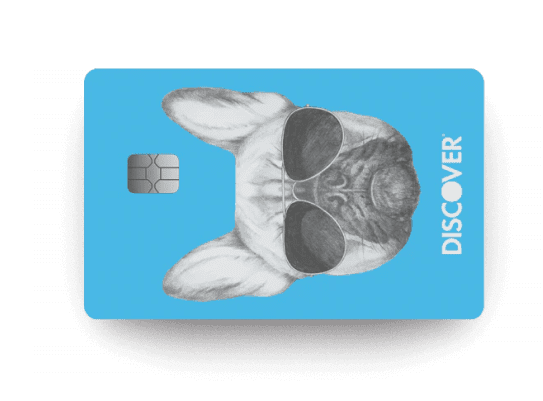Typically, credit card payments are due on the same day every month. Even so, it can still be easy to forget. Missing a credit card payment, or paying late, may impact your credit score, and affect your overall financial health due to late fees and penalty interest rates.
If you’ve been late with credit card payments, you might like some of the online tools from your credit card issuer, including Discover. These tools can help make payments easier and help you make your payments on time.

What Is the Best Way to Pay Your Credit Card Bill?
6 min read
Last Updated: March 14, 2025
Next steps

See if you're pre-approved

View all Discover credit cards
See rates, rewards and other info
You may also be interested in
Was this article helpful?
Was this article helpful?




